A bold step for peace through schooling
From July to December 2024, Dr Manu Lekunze of the University of Aberdeen turned the quiet town of Ilorin into a hub for peace‑building. Partnering with the Office of the First Lady of Kwara State and the Ministry of Education and Human Capital Development, he helped chart a roadmap that positions schools at the heart of national security.
The resulting Education for Peace Strategy spells out clear goals: embed conflict‑resolution skills in curricula, train teachers to spot early signs of social tension, and create community projects that give youths a stake in local development. The blueprint doesn’t stay on paper – it comes with a timeline, budget lines, and measurable indicators so the ministry can track progress.
On December 11, 2024, the strategy was officially launched in Ilorin. Dr Lekunze stood alongside Kwara’s Commissioner for Education, Hajia Sa’adatu Modibbo‑Kawu, and the First Lady, Professor Olufolake AbdulRazaq, to unveil a plan that promises to reshape how the state views education – not just as a path to jobs, but as a shield against violence.
Immediately after the launch, the professor led an intensive workshop for 160 education administrators and teachers. The two‑day session was anything but lecture‑heavy; participants broke into groups, role‑played community mediation scenarios, and drafted lesson‑plan modules that they could roll out in the upcoming term. By the end of the training, many said they felt equipped to turn classrooms into safe spaces where disputes are resolved before they spill onto the streets.
Dr Lekunze also addressed the forum of Nigerian Education Commissioners, reminding senior officials that peace is a shared responsibility and that teachers are frontline peacekeepers. He argued that research only makes a difference when it reaches the people who can act on it – a sentiment echoed by the Commissioner, who noted that “no society can achieve its development goals without lasting peace and security.”
The initiative’s funding came from the Arts and Humanities Research Council (AHRC) via the DEPA Project at the Open University. That backing not only covered the strategy’s development but also funded the training materials, travel for local consultants, and a small grant for pilot projects in three pilot schools.
Stakeholder support was palpable. Traditional rulers, school proprietors, and even a handful of students gathered for the launch, signaling broad buy‑in. The First Lady’s office, in particular, pledged ongoing logistical assistance, ensuring that the teachers’ training doesn’t become a one‑off event.
Looking ahead, Dr Lekunze said the university will keep providing technical assistance. He envisions a cascade model: teachers train students, students lead community projects, and the outcomes feed back into policy tweaks. In his words, “education is the foundation of the values and knowledge people need to live peacefully.”
While the strategy’s long‑term impact will only become clear over years, the momentum generated in those six months signals a shift in how Kwara State views the link between learning and security. As the rollout begins in schools across the state, educators, officials, and community leaders will be watching closely to see whether the promise of peace through education can become a reality.

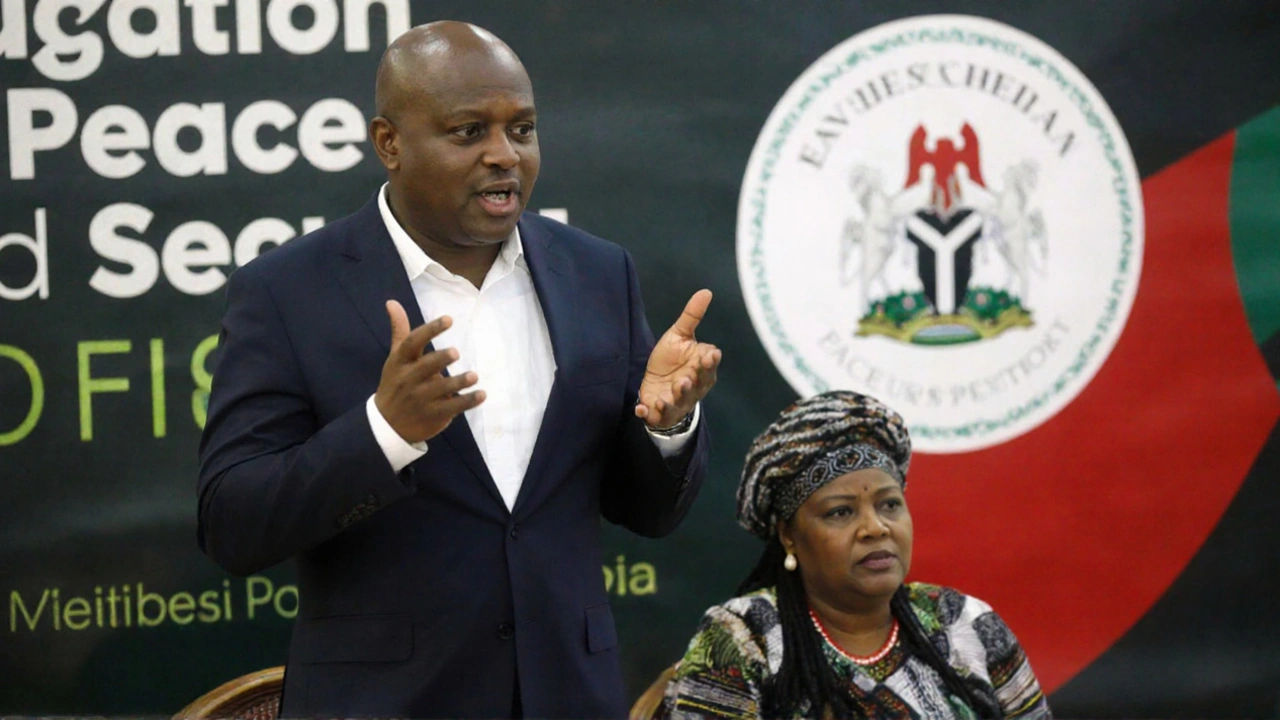
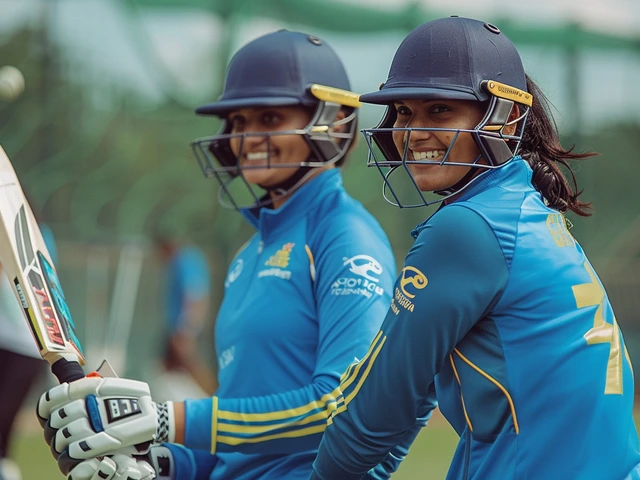
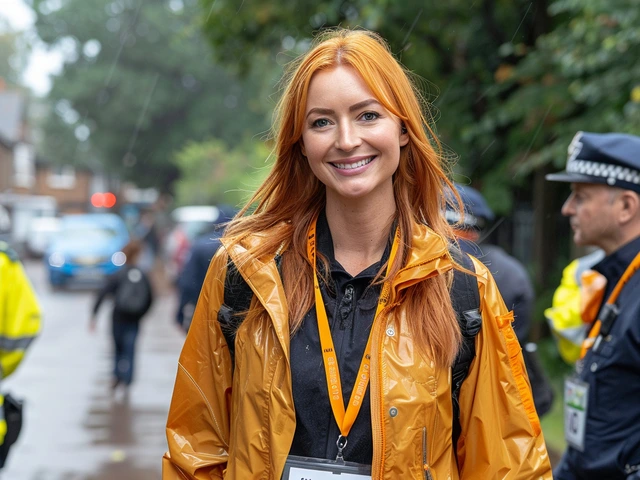
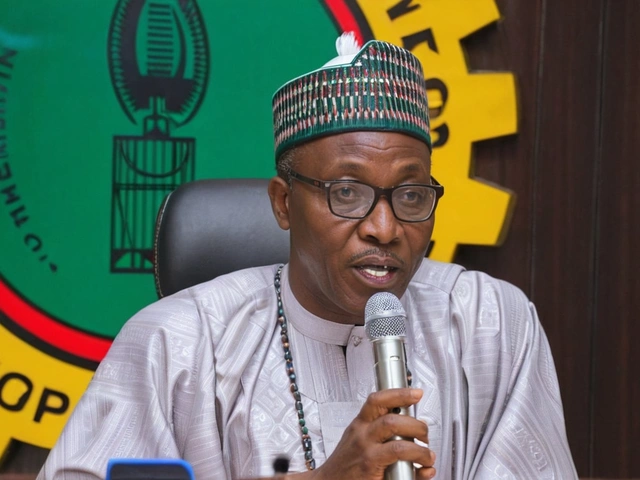
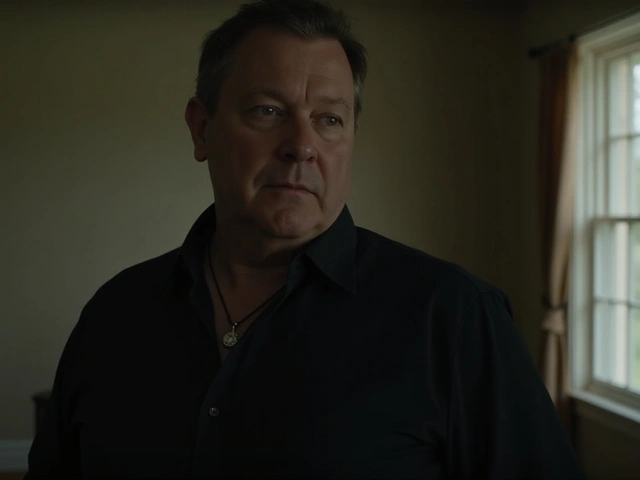
So now schools are peacekeepers? Next they'll be issuing restraining orders and mediating divorces. 😏
But honestly? If this actually works, I'll eat my sarcasm. Teachers in Nigeria already do more than their paychecks suggest. Maybe this is the first time someone noticed.
This is huge 🙌
Teachers = frontline peacekeepers 💪
Let's fund this everywhere
Wait… AHRC? Open University? So this was funded by BRITISH people telling Africans how to run their own country? 🤔
And now they want kids learning 'conflict resolution' instead of just being told to obey? Who's really behind this? Are we being groomed for soft colonization?
My cousin in Kano says the same people pushed 'gender sensitivity' last year and now boys are scared to talk to girls. This isn't peace. It's psychological warfare.
I cried when I read this.
Not because it's perfect. Not because it's flashy. But because for the first time, someone looked at a Nigerian classroom and saw not a problem - but a SOLUTION.
Teachers in Ilorin didn't just get training. They got PERMISSION. Permission to care. To heal. To be the calm in the storm when the world outside is falling apart.
This isn't policy. This is love in action. And if you don't feel that? You're not listening.
Honestly the whole thing sounds kinda basic tbh. Embedding conflict resolution? Since when is that revolutionary? I mean, I studied this in my undergrad at LSE and we did roleplays too. Honestly the real issue is implementation. No offense but Nigerian bureaucracy eats initiatives like this for breakfast. Also why is the First Lady even involved? Isn't that a bit... extra?
And AHRC funding? That's cute. But real change needs local capital. Not some UK grant with a fancy acronym.
I'm really curious how they're measuring success. Is it drop in school fights? Drop in youth violence in the community? Teacher retention rates? Or just number of workshops done?
Also, did they consult actual students? Not just administrators? Because kids know what's working - and what's just another top-down program that'll vanish after the next election.
A commendable initiative. However, the efficacy of such programs is contingent upon institutional continuity and fiscal sustainability. Without structural integration into the national education framework, this remains a transient intervention. One must question the scalability of a model reliant on external funding and localized goodwill.
So teachers are peacekeepers now? Cute. Let me guess - next they’ll make them sign a peace pledge and hand out hugs instead of detention.
Meanwhile, the same schools can’t get textbooks or working toilets. But sure, let’s teach kids to ‘resolve conflict’ while they’re sitting on broken benches. This isn’t hope. It’s performance.